Quantum computing crucially relies on the ability to efficiently characterize the quantum states output by quantum hardware. Conventional methods which probe these states through direct measurements and classically computed correlations become computationally expensive when increasing the system size. Quantum neural networks tailored to recognize specific features of quantum states by combining unitary operations, measurements and…
Author: Noah Tajwar
An analogue gravity model is a physical system in flat spacetime with wave propagation behaving like the propagation of a scalar field of mass m in some curved spacetime. In the first part, we review analogue gravity models with wave propagation governed by a Lagrangian. In this context we propose a novel and more pedagogical…
Quantum Knitting for Dummies
Multidimensional tensor-network states, such as cluster states, are a key resource for quantum communication and measurement-based quantum computing. Recently, cluster states have been generated both in the microwave and optical regime but the generation of large-scale 2D cluster states in discrete-variable systems remains challenging. We present a superconducting device to enable the generation of two-dimensional…
With digital quantum computers reaching the scale of ~100 qubits and ever-increasing gate fidelities and coherence times, potential applications of quantum computing can now be explored on noisy hardware. This talk gives an overview of such applications with a particular focus on algorithms for quantum chemistry. On noisy hardware, i.e., before fault-tolerance, the depth of…


